Socrates thought philosophy’s role was to prepare us for death. But what about the death of our loved ones? Philosophers have had surprisingly little to say about the experience and meaning of grief. In this interview, Kathleen Higgins rights that wrong and argues that grief has a deep connection to art, especially music, in the way it disrupts but also reorients our relationship to the world and others.
Kathleen, your work has focused on a philosophical analysis of grief and aesthetics. This is not a field you would find addressed in most modern day philosophy textbooks. What drew you to this area and why did you think it was an appropriate place for philosophical analysis?
The experience of grieving is what first drew me to the topic. I was surprised at the discrepancy between what I experienced and what I would have predicted it would be like. I was also amazed at how frequently aesthetic gestures and activities seemed to be involved in interpersonal interactions after my loss. I started to notice the aesthetic aspect of sending flowers, cards, and sometimes poems to family members of a person who died, the aesthetic scriptedness of funerals, and the way that the deceased is often kept in mind as a silent witness to the commemorative actions of the living. Aesthetic taste is also involved in decisions about marking graves, disposing of human remains, constructing obituaries and eulogies, and engaging in many memorial projects. The more I thought about the theme of grief and aesthetics, the bigger it seemed. I have also been interested in the role of music in our lives for a long time, so it felt an obvious step for me to focus on music in this connection.
Philosophy as a theory of life is quite devoid of figures in our contemporary times. Heidegger being an obvious example of someone who breaks that mould, with his obsession with death and our relationship to it. Do you have to look to the continental tradition to find thinkers addressing these bigger questions? Figures such as Nietzsche, Heidegger or Merleau-Ponty to find philosophy dealing with life problems?
All of those figures, especially Nietzsche, have been helpful to me in thinking about grief and the aesthetic. Nietzsche often considers mortality and various possibilities for resiliently responding to loss. Heidegger’s ideas about our reactions to other people’s deaths have also been relevant to my discussion. So have Merleau-Ponty’s ideas about how we coordinate our bodily behaviour and sensibility with those with whom we interact routinely, which has implications for how disoriented we feel after the death of someone we are close to.
I have also been influenced in my thinking by ancient Chinese thinkers such as Zhuangzi and Xunzi, both of whom reflect on the death of loved ones. Although they have different views on the value of funerals and other codified behaviour after the death of a loved one, both have insights on grief that I’ve found very useful. There are whole traditions beyond the European which can give us insight into life.
How does the experience of grief disrupt the bereaved individual's functioning in terms of their body, but also their overall orientation to the world and others,?











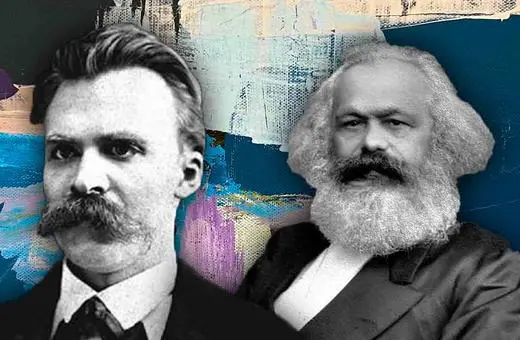
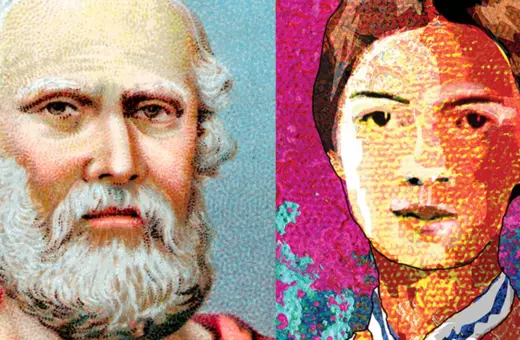

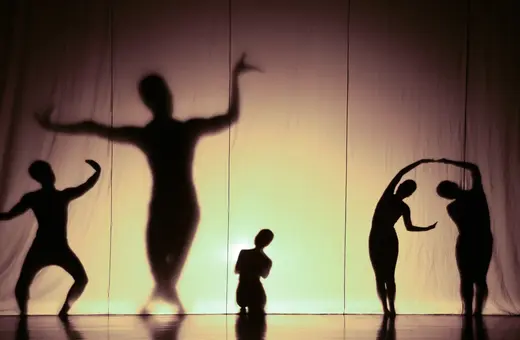


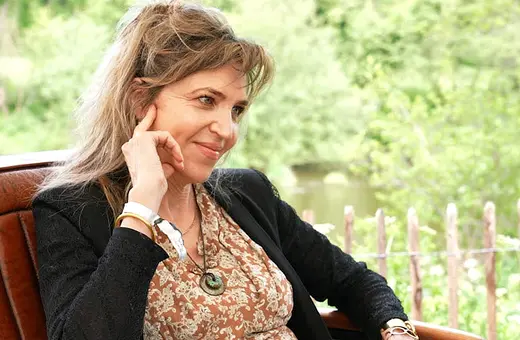

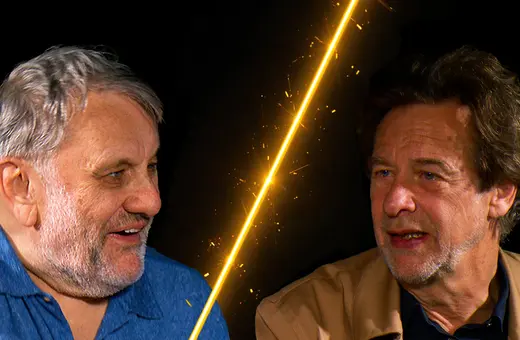

Join the conversation